IBEC and TU/e celebrate the second symposium as a result of the partnership between both research centers
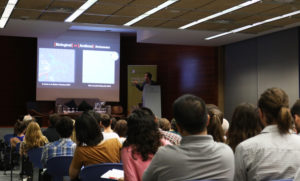 Three members of the ICMS have participated at the second IBEC-ICMS symposium, celebrated last 16th July at the Barcelona Science Park. The event aimed to identify synergies and potential for collaboration between IBEC groups and the researchers of the Institute for Complex Molecular Systems (ICMS), a research institute of the Eindhoven University of Technology (TU/e).
Three members of the ICMS have participated at the second IBEC-ICMS symposium, celebrated last 16th July at the Barcelona Science Park. The event aimed to identify synergies and potential for collaboration between IBEC groups and the researchers of the Institute for Complex Molecular Systems (ICMS), a research institute of the Eindhoven University of Technology (TU/e).
Josep Samitier, director of IBEC, and Jan van Hest director of ICMS opened the symposium by welcoming more than 80 participants from both institutions. Two IBEC group leaders, Vito Conte and Lorenzo Albertazzi, already have dual appointments with ICMS.


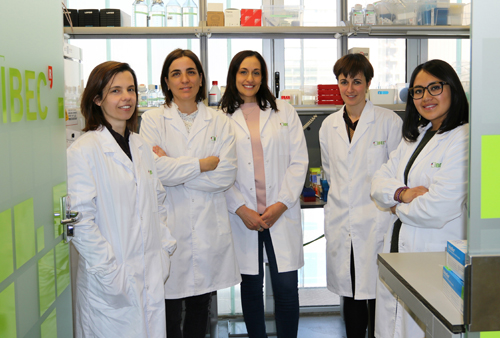
 Researchers from the IBEC have created, for the first time, 3D organoid cultures from pluripotent stem cells, which resemble human embryonic kidney tissue during the second trimester of pregnancy.
Researchers from the IBEC have created, for the first time, 3D organoid cultures from pluripotent stem cells, which resemble human embryonic kidney tissue during the second trimester of pregnancy. 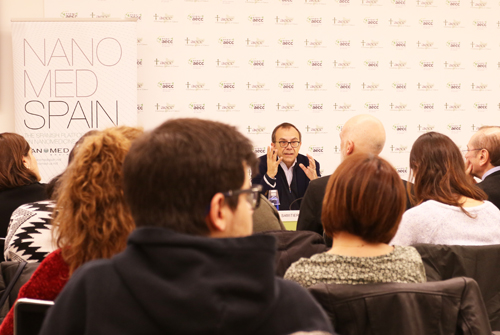
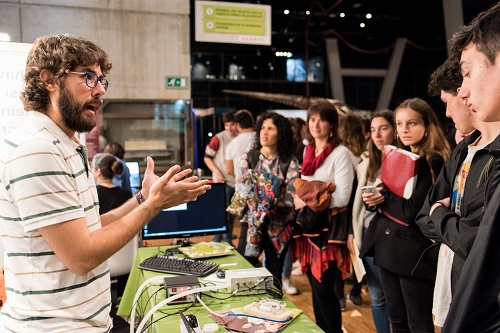
 This year an IBEC project has won the Fira Recerca en Directe 2019’s public poll for most popular project, with 26.94% of the votes.
This year an IBEC project has won the Fira Recerca en Directe 2019’s public poll for most popular project, with 26.94% of the votes.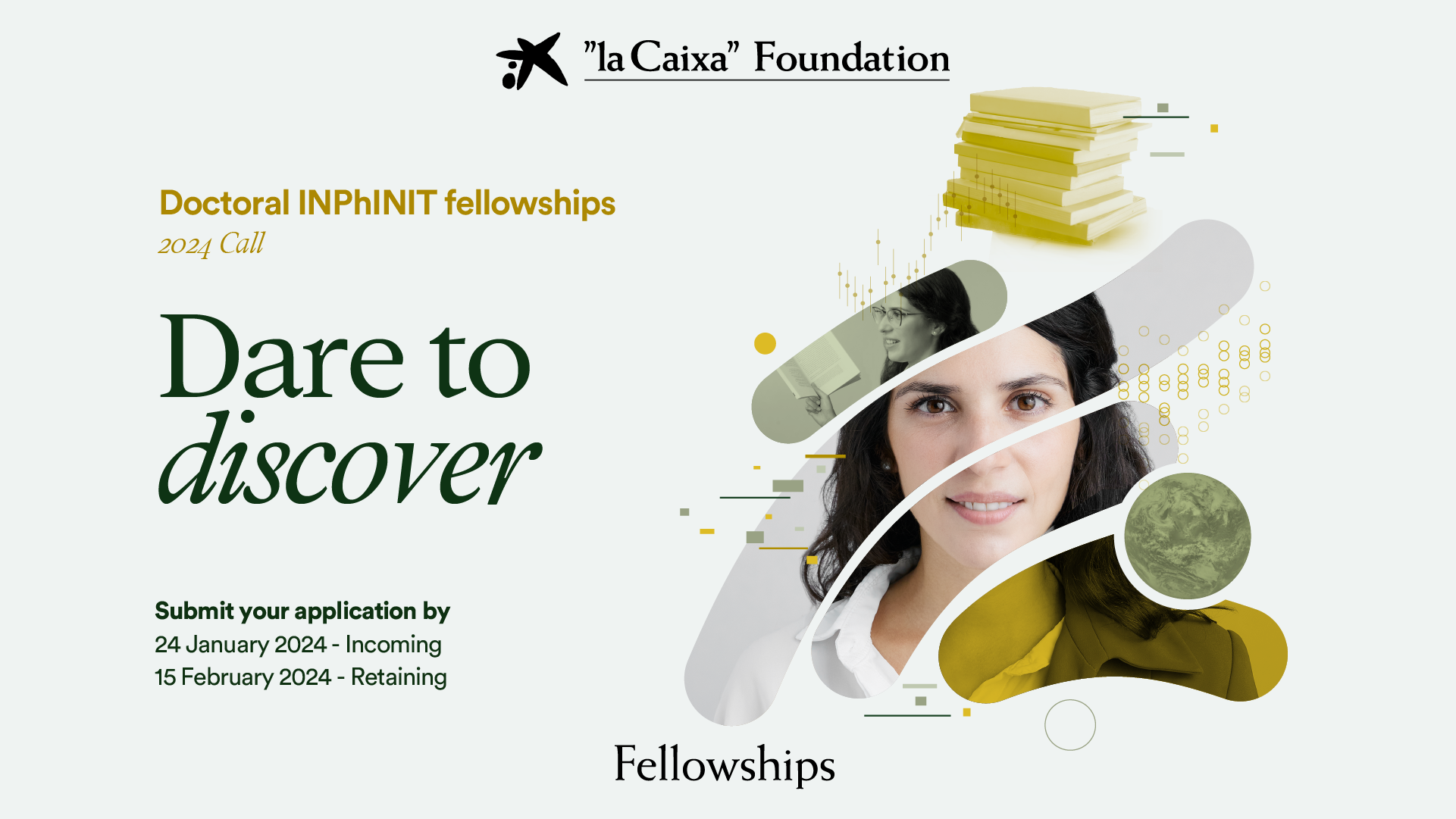
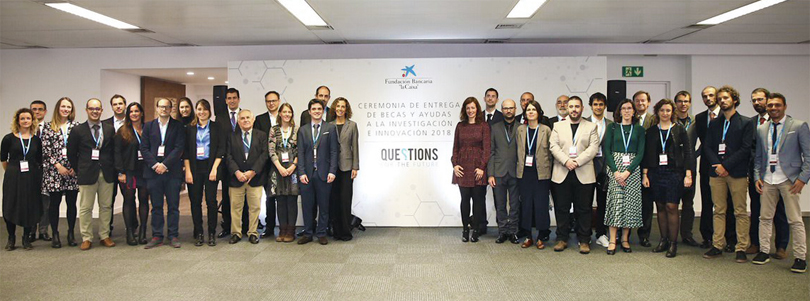
 IBEC researchers were in the limelight today at the awards ceremony for the “la Caixa” fellowships and grants for research and innovation calls.
IBEC researchers were in the limelight today at the awards ceremony for the “la Caixa” fellowships and grants for research and innovation calls.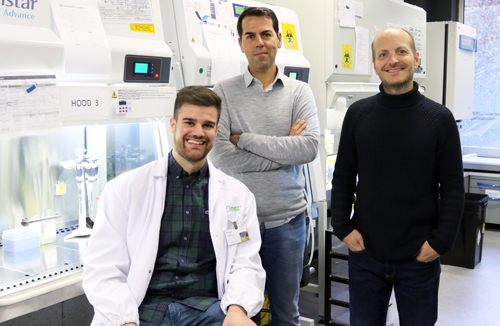
 One of the most enviable features of superheroes is their ability to stretch their bodies beyond imaginable limits. In a study published today in Nature, scientists have discovered that our cells can do just that.
One of the most enviable features of superheroes is their ability to stretch their bodies beyond imaginable limits. In a study published today in Nature, scientists have discovered that our cells can do just that. 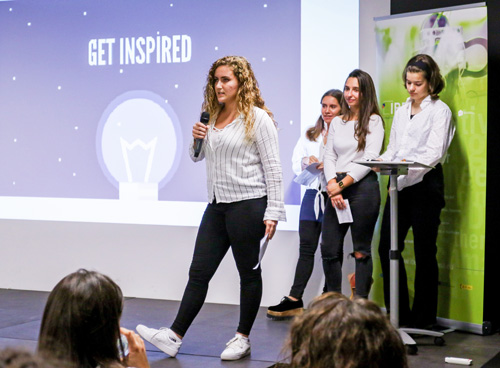
 On Friday 19th October, an event to round off the Fundació Catalunya La Pedrera’s ‘Bojos per la ciència’ (‘Crazy for Science’) initiative took place at IBEC.
On Friday 19th October, an event to round off the Fundació Catalunya La Pedrera’s ‘Bojos per la ciència’ (‘Crazy for Science’) initiative took place at IBEC.